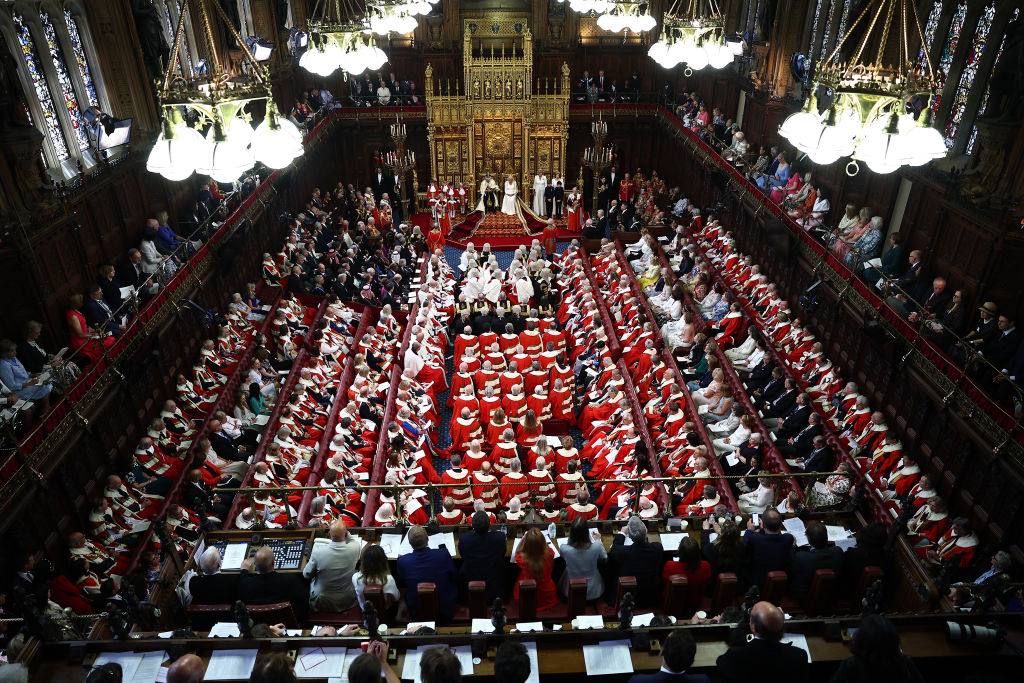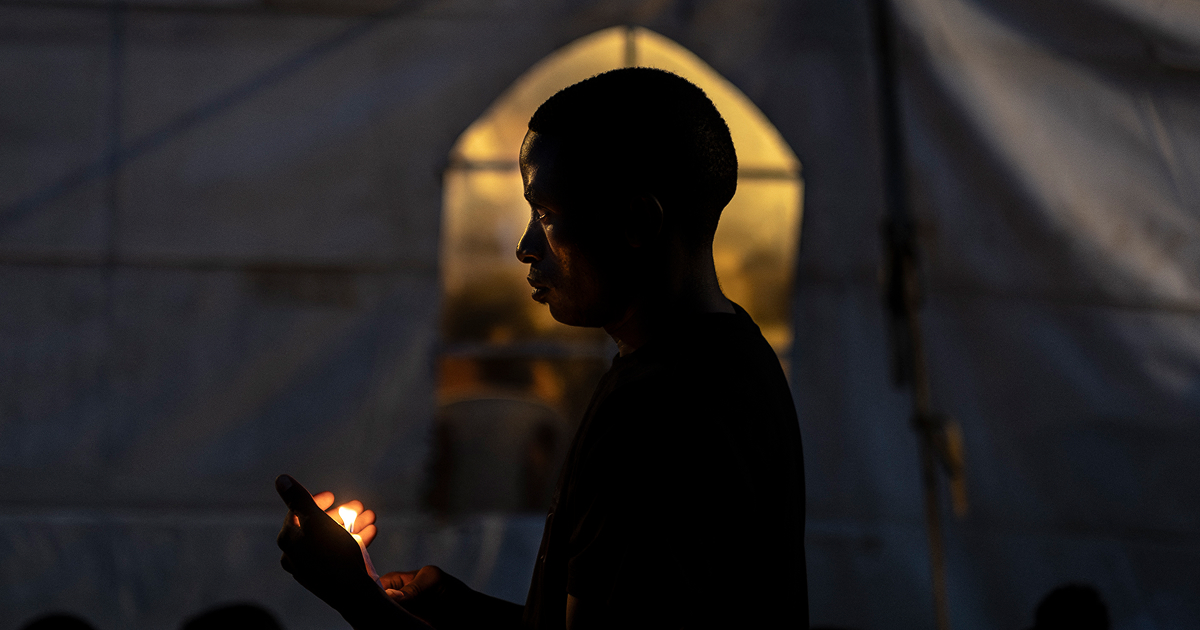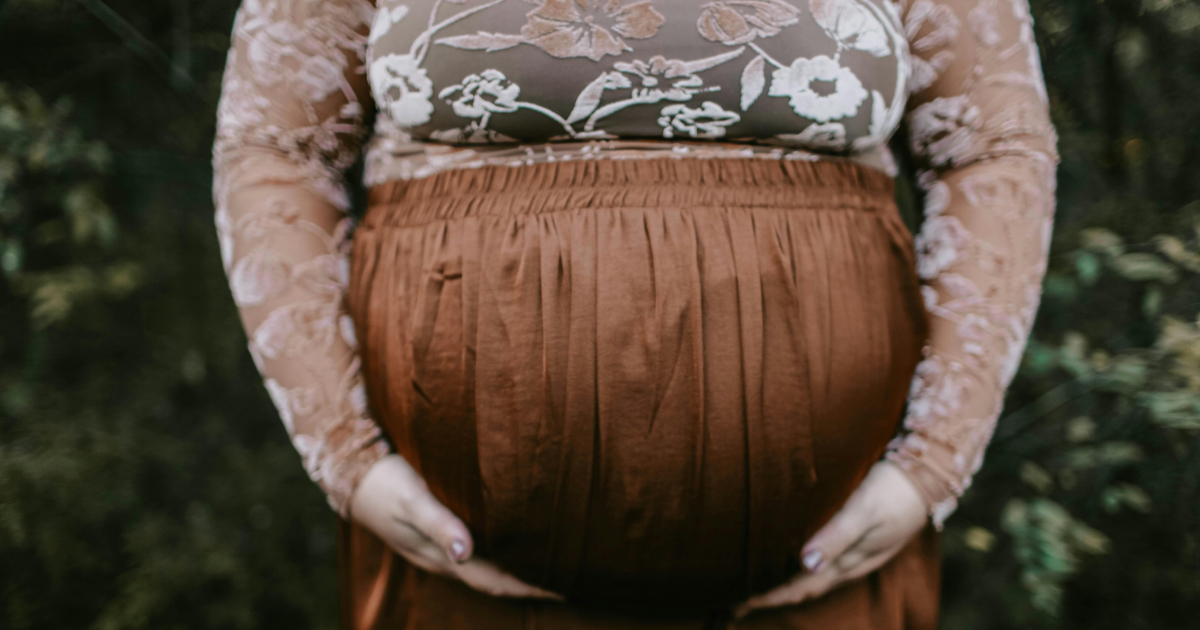A significant attempt to undo a controversial clause allowing abortion up to birth was mounted in the UK Parliament this week.
Pro-life peers Baroness Monckton and Baroness Stroud pressed their case in the House of Lords by tabling amendments – supported by other peers – to overturn the highly controversial abortion up to birth amendment known as clause 191 to the Crime and Policing Bill, and to reinstate in-person consultations with a medical professional prior to an abortion taking place.
The controversial clause in question, slipped into the wider Bill focused on crime and policing, would remove the criminal penalties for women undertaking abortions at any gestational stage, thereby bypassing medical oversight and effectively permitting at-home late terminations without in-person consultation.
Opponents of the clause warn that it was inserted without proper scrutiny, circumventing the normal legislative process. They point out that it first passed the House of Commons in a lightning-fast backbench debate of under an hour, with minimal evidence sessions or committee stage examination.
In the subsequent debate in the Lords this week, several peers insisted that the implications of the clause, especially where unborn life and women’s safety intersect, demand fuller public and expert scrutiny.
Those in support of keeping the clause argue that it would modernise access to abortion, citing cases of late-term-related prosecutions under the current law, and claiming that restrictions on self-administration had already failed some women.
Ultimately, the Lords are expected to reject the move to include the clause by a clear margin, reaffirming the need for legal safeguards and medical oversight.
This is not the first time abortion law in the UK has been contested by sudden amendments. The 1967 Abortion Act was itself introduced unprecedentedly as a private members Bill with minor consent from the Harold Wilson government after months of debate.
The Church has consistently held that human life must be protected from the moment of conception, a position set out in Gaudium et Spes, the Second Vatican Council’s Pastoral Constitution, which declared that “from the moment of its conception life must be guarded with the greatest care”.
This teaching was later reaffirmed by Pope St John Paul II in Evangelium Vitae, which described abortion as “a grave moral disorder” and urged legislators to defend life through just laws that uphold human dignity.
Photo: King Charles III reads the King's Speech in the House of Lords chamber, during the State Opening of Parliament at the Houses of Parliament, London, England, 17 July 2024 (Photo by Henry Nicholls - WPA Pool/Getty Images)

















